The Korean War, 70 Years Ago, The Public Opinion, Chambersburg PA
Korean War Weekly Front Pages
4 November – 10 November 1951
The Public Opinion, Chambersburg PA
A dirty yellow tent in Panmunjom.
*****
President Truman and General Dwight D. Eisenhower conferred on western defense problems in a confidential meeting affording an opportunity to talk politics – if either man wished to do so. Another topic which Administration officials said is due to come up is a foreign policy speech the President was to make Wednesday night. This was understood to be concerned with a new American move toward a settlement with Russia, to be made in the UN General Assembly opening in Paris on Tuesday.
On Tuesday, Chinese infantrymen captured a third hill on the expanding western front and held two other peaks against Allied counterattacks. The Reds won three other hills but lost them again. The three-day-old Communist offensive spread through drizzling rain over a 20-mile sector. Attacking Reds were supported by their heaviest display of armor in months. They hit UN forces from points west of Yonchon, eight miles north of the 38th Parallel, to the hills north of Chorwon, western anchor of their old Iron Triangle. Chinese attacks took advantage of rains and mist which grounded most UN warplanes.
Red truce negotiators submitted a new buffer zone counter proposal on Wednesday which was strikingly similar to the Allied plan – but with crucial differences. UN representatives turned it down, but they said they might talk about it in Thursday’s sessions at Panmunjom. Under the Red plan, a buffer zone would be created along the existing front. If subsequent fighting changed the front lines materially, either side could propose a change in the military demarcation line for the zone. But there was no guarantee the other must agree to the change. General Hodes, head of the UN subcommittee, said, “No adjustments could be made in the demarcation line as the Communists obviously would not agree. It would be a de facto cease-fire. It’s the same thing they have brought up for three days.” The Reds wanted the subcommittee to decide now “in general” where the buffer zone should be. The Allies wanted to wait until just before an armistice was signed. In talks on Thursday, Allied negotiators completely rejected the Red proposal, because it would have relieved the Communists from any pressure to reach agreement on other Korean truce terms.
The Soviet foreign minister called in Paris Thursday for a cease fire within three days. He suggested all troops withdraw from the 38th Parallel and foreign units leave Korea within three months. A UN spokesman said that neither the minister nor his remarks were mentioned during Friday’s two hour and 45 minute meeting in a dirty yellow tent in Panmunjom. On Saturday, UN truce negotiators gave up the idea of swapping hard-won land in central and eastern Korea for Kaesong if and when a cease-fire line was drawn. A new proposal submitted by them called for a cease-fire buffer zone based on the line of contact and provided for only “such minor local adjustments as may be mutually considered desirable.” The line would be determined after other points on the armistice agenda were settled. They proposed that the buffer zone be created wherever the battle line happens to be when the armistice agreement was ready for signing. There was no immediate indication of Communist reaction, but the Reds had rejected a similar proposal earlier in the week.
On Thursday Allied warplanes sent three Communist jets crashing to the ground in flames. Two other Russian-made MIG-15s were damaged. The Air Force said all Allied planes returned safely to base. Two aerial duels were fought over northwest Korea, with 52 American jets pitted against 50 Communist planes. It was one of the few times the two sides had met on near-even terms. On the ground, Chinese forces threw a series of small attacks before daylight at Allied positions near Kumsong and Yonchon. The temperature had dipped to 17 degrees Thursday night. The ground was white with frost.
(Photo courtesy newspapers.com, Chambersburg Public Opinion)
